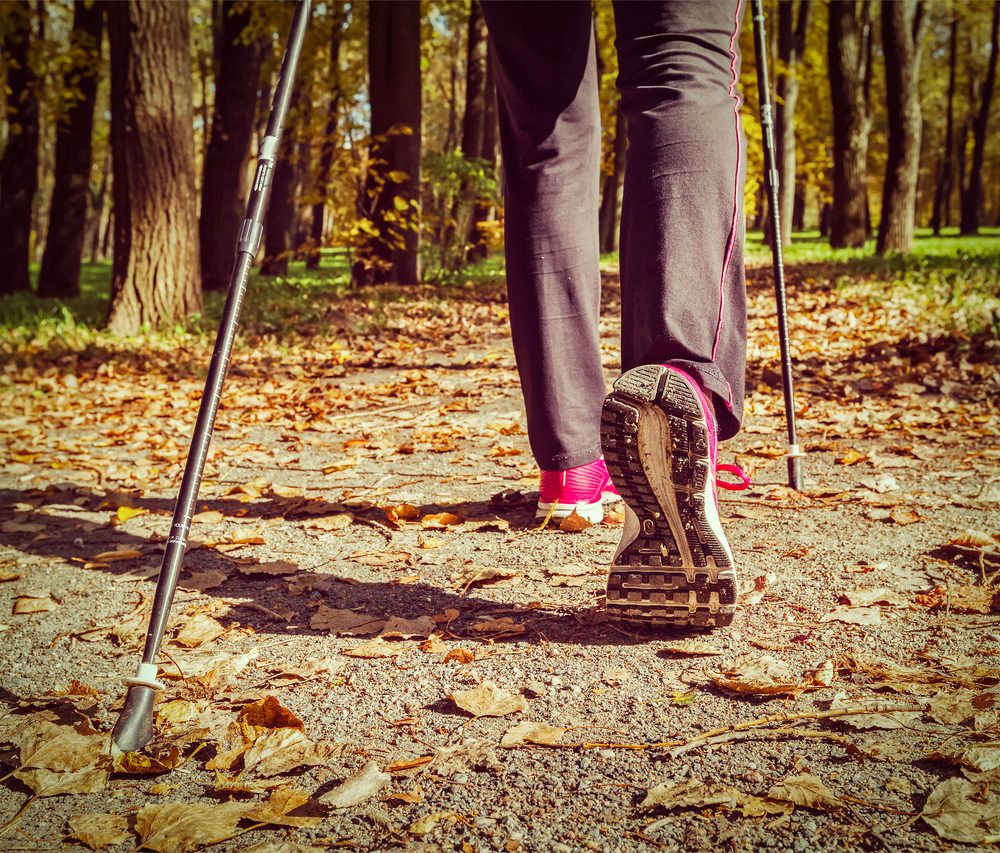
Walking is Britain’s most popular outdoor recreational activity and it is also still an important mode of transport.
According to Britain’s most comprehensive survey of sport and recreation participation, 9.1million adults in England, or 22% of the population, walk recreationally for at least 30 minutes in any four week period. This is almost twice the number that swim (5.6million, 13.4%), more than twice the number that go to the gym (4.5 million, 10.7%) and nearly three times the number that cycle (3.5million, 8.5%). (Source ramblers.org.uk)
Walking is the joint most popular activity (along with eating out) for people taking days out in England, and the most important reason for 18% of the 3.6 billion trips taken each year. It is the main activity undertaken during 36% of countryside and 33% of seaside visits and the most popular activity for UK visitors to Scotland and Wales.
Furthermore, a third of adults in Britain say walking for more than 10 minutes is their only form of exercise in a typical month.
Add to this the fact that nearly all journeys involve walking, often to connect with other modes of transport and its importance in maintaining our daily lifestyle increases. 23% of all journeys in Great Britain are made entirely on foot and 75% of journeys under one mile are on foot – the average person travels 197 miles a year just by walking!
The most popular reason for walking is to go shopping (21%), followed by education (including taking children to school) (20%), and leisure or social purposes (20%). 17% of walk trips are ‘just to walk’ including dog walking. It’s increasingly apparent that we all enjoy that breath of fresh air and time for reflection that walking provides.
The UK Chief Medical Officer recommends adults do at least 150 minutes a week of moderate physical activity – and an easy way of achieving this is to walk for 30 minutes, five days a week. The recommendation for children is at least 60 minutes every day and preferably more. All walking is beneficial, but for the greatest benefits to heart, lungs and blood pressure, brisk walking is best making breathing a little faster and hearts beating a little faster, while still feeling comfortable and able to talk.
Walking is known to improve general well-being and can help fight stress and depression. Like other physical activities, walking helps release endorphins which improve mood and reduce stress and anxiety. The extra benefit of walking as a pastime is that, unlike some means of keeping fit, it can be done alone or as a sociable activity in a group and take place anywhere, at any time with no expensive kit required!
Almost everyone – the fortunate majority – is capable of walking. Only 4% of people either need help when walking outside the home or are unable to walk on their own at all. So, with all able-bodied people using their bodies in this way, it’s vital that hip, knee and ankle joints are kept healthy to be able to ensure that walking is a lifetime privilege that is never taken for granted.
Accidents injuries can happen at any time and it is often the all-important joints that take the brunt of any mishap – those hips, knee and ankles are all liable to damage from the mildest incident. Yet the short or long term impact of this damage on the ability to walk comfortably should not be underestimated.
Following damage to the joints, many people find that intervention is required to help restore limbs and supporting joints to previous working order and it is here that Hydrodilatation – a ground-breaking treatment recommended for joints that are painful and stiff due to the formation of scar tissue may be beneficial.
In other cases, Lipogems® has been found to restore patients’ own cartilage and is a cheaper and less risky alternative to knee replacement. Alternatively, Platelet Rich Plasma Therapy (PRP) takes advantage of the blood’s natural healing properties to repair damaged cartilage, tendons, ligaments, muscles and bones. At the Regenerative Clinic this procedure – which involves drawing blood from a patient’s vein, processing in a centrifuge machine and reinjecting into the joint – takes under an hour under the supervision of one of the Clinic’s expert medical consultants. The main aim of this treatment is to reduce pain, improve joint function and potentially slow, halt or repair damage to cartilage.
So, if you’ve been taking walking for granted and suddenly find yourself in need of help to restore any aspect of your mobility, don’t suffer in silence. Take remedial action to make sure your body continues to allow you to take part in Britain’s most popular outdoor recreational activity.
